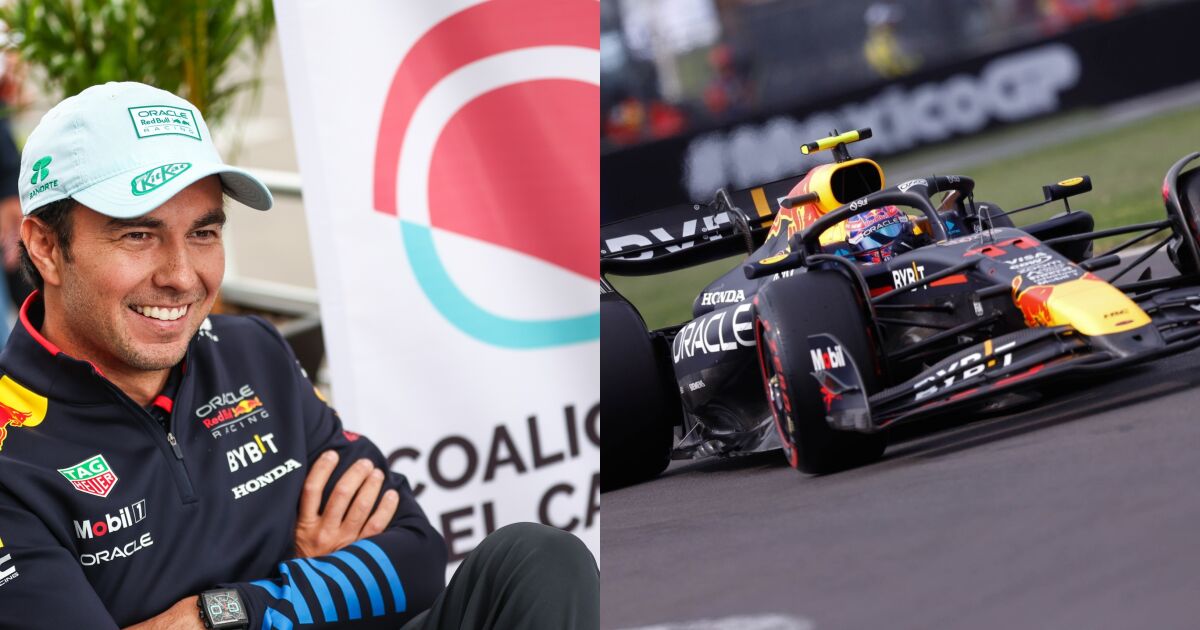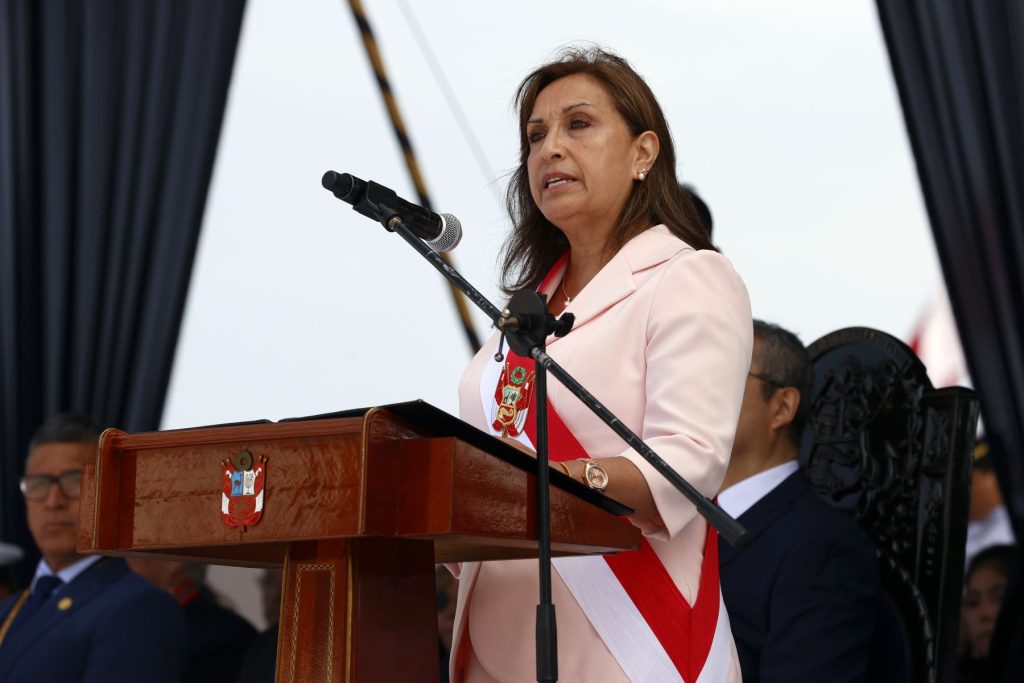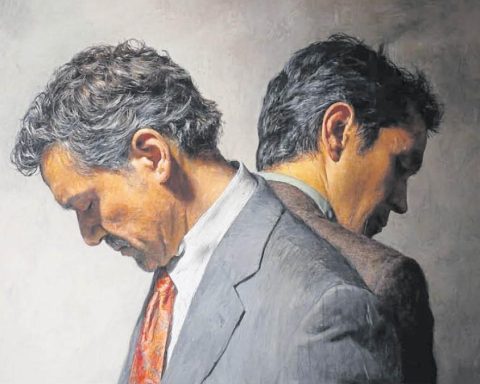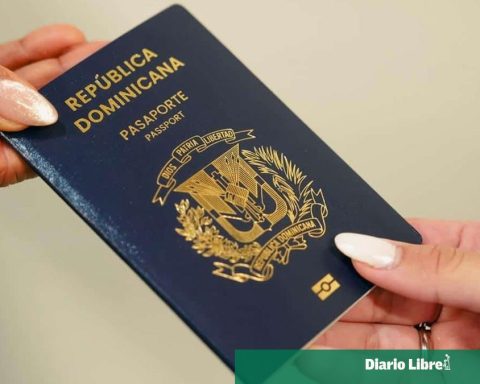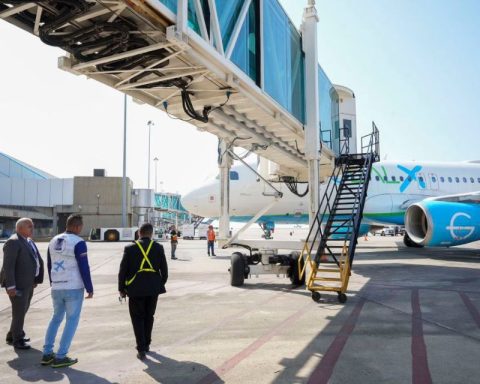Gonzalo Peón, director of ITDP in Mexico, sees F1 not only as the main international motorsport competition, but also as an example of prioritizing road safety.
“Several technologies started on the race track and then became popular, the classic example is the seat belt, which was first used in competitions. It was not just a cultural change, it was communication and law enforcement campaigns.
“Helmets were also first developed for competitions and have now permeated,” explains the ITDP representative.
The use of certified helmets reduces the death of motorcyclists in traffic events by up to 40%, it states.
Until now, the use of a certified helmet is required only in the Traffic Regulations of two entities: Mexico City and Jalisco. However, it seeks to advance towards this objective in four more entities in the short term: Sinaloa, Baja California Norte, Chiapas and especially the State of Mexico.
“We want the State of Mexico to also reform its Traffic Regulations to be able to go from the ‘fine-removing’ helmet to the helmet that saves lives, in addition to the fact that in the State of Mexico there are many people who die from road accidents,” he tells Expansión Política.
Peón highlights that in the three years since its launch it has been possible, in collaboration with brands such as Italika – one of the main manufacturers of motorcycles and accessories in Mexico – to offer certified helmets at more affordable prices.
“We work with companies like Italika, the main company that sells motorcycles in Mexico, and today they already have certified helmets for between 800 and 1,200 pesos if they receive a bonus in the sales process,” he indicates.
